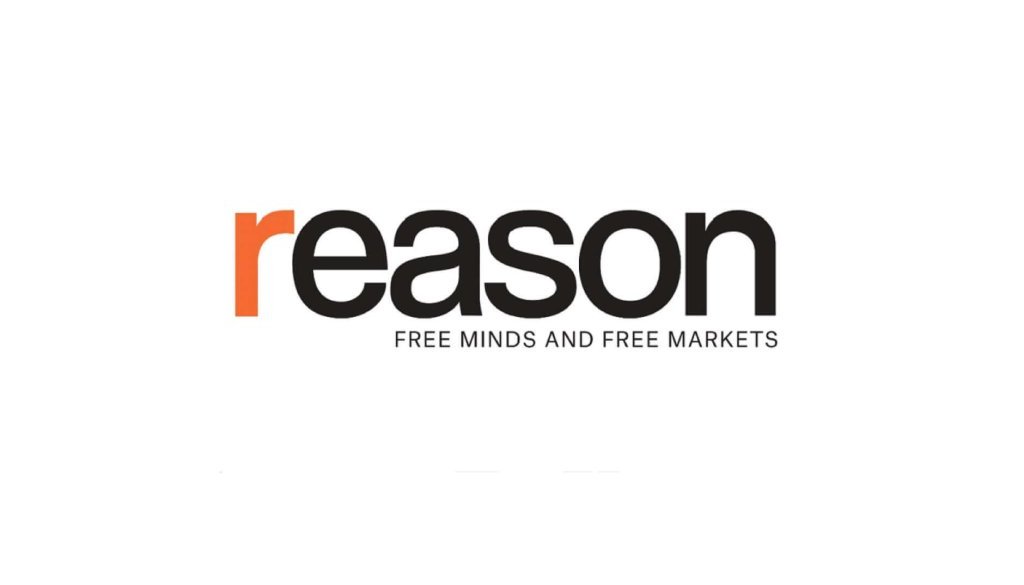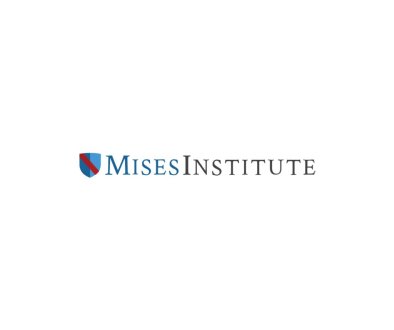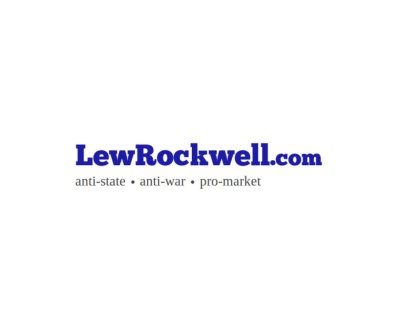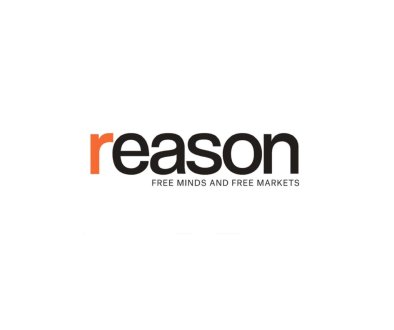One More First Amendment Case to Watch
Another First Amendment case that the Court will consider this Friday, but on the religion side, is Apache Stronghold v. United States (briefs at the link); here’s the question presented:
For centuries, Western Apaches have centered their worship on a small sacred site in Arizona called Chí’chil Biłdagoteel, or Oak Flat. Oak Flat is the Apaches’ direct corridor to the Creator and the locus of sacred ceremonies that cannot take place elsewhere. The government has long protected Apache rituals there. But because copper was discovered beneath Oak Flat, the government decided to transfer the site to Respondent Resolution Copper for a mine that will undisputedly destroy Oak Flat—swallowing it in a massive crater and ending sacred Apache rituals forever.
Petitioner challenged this decision under the Religious Freedom Restoration Act and the Free Exercise Clause. In a fractured en banc ruling cobbled together from two separate 6-5 majorities, the Ninth Circuit rejected both claims. Although the court acknowledged that destroying Oak Flat would “literally prevent” the Apaches from engaging in religious exercise, it nevertheless concluded that doing so would not “substantially burden” their religious exercise under RFRA, relying on this Court’s pre-RFRA decision in Lyng v. Northwest Indian Cemetery Protective Association, 485 U.S. 439 (1988). And while the majority acknowledged that singling out Oak Flat for destruction is “plainly not ‘generally applicable,'” it rejected the free-exercise claim “for the same reasons”—no substantial burden.
The question pr
Article from Reason.com

The Reason Magazine website is a go-to destination for libertarians seeking cogent analysis, investigative reporting, and thought-provoking commentary. Championing the principles of individual freedom, limited government, and free markets, the site offers a diverse range of articles, videos, and podcasts that challenge conventional wisdom and advocate for libertarian solutions. Whether you’re interested in politics, culture, or technology, Reason provides a unique lens that prioritizes liberty and rational discourse. It’s an essential resource for those who value critical thinking and nuanced debate in the pursuit of a freer society.




